Warning: The following article contains spoilers for Attack on Titan and its ending.
Following the controversial conclusion to the manga, Attack on Titan fans had been desperately awaiting the anime adaptation to amend certain things. But how different are the two endings?
Despite months of speculation in the community, the Attack on Titan series finale remained mostly faithful to Hajime Isayama’s manga and the final arc in the story, “The Battle of Heaven and Earth,” featured the remaining Eldian protagonists and Marleyan Warriors as they worked together to bring Eren down.
Eventually, Armin managed to convince Zeke to fight back, whereupon Titans from ages past rose from Eren’s skeletal body and helped the heroes against Ymir’s spawn. Jean and Pieck blew up Eren’s nape, releasing the parasite known as “the source of all living matter.” The Rumbling stopped, but Eren transformed into a Colossal again and approached the parasite to reunite with it and resume the devastation.
Left with no choice, Mikasa and Levi flew their way through the debris, with the former finally killing Eren and ending the fight. Up to that point, the manga and anime followed roughly the same direction, with minor differences here and there. For instance, the action scenes in anime simply work better thanks to MAPPA’s talented artists, and there are sequences expanding on Isayama’s choreography, but overall, there wasn’t much of a notable difference between the two.
That, of course, brings us to “Toward the Tree On That Hill,” which is not only the final chapter in the manga but also its most controversial part.
Attack on Titan anime ending vs. manga ending
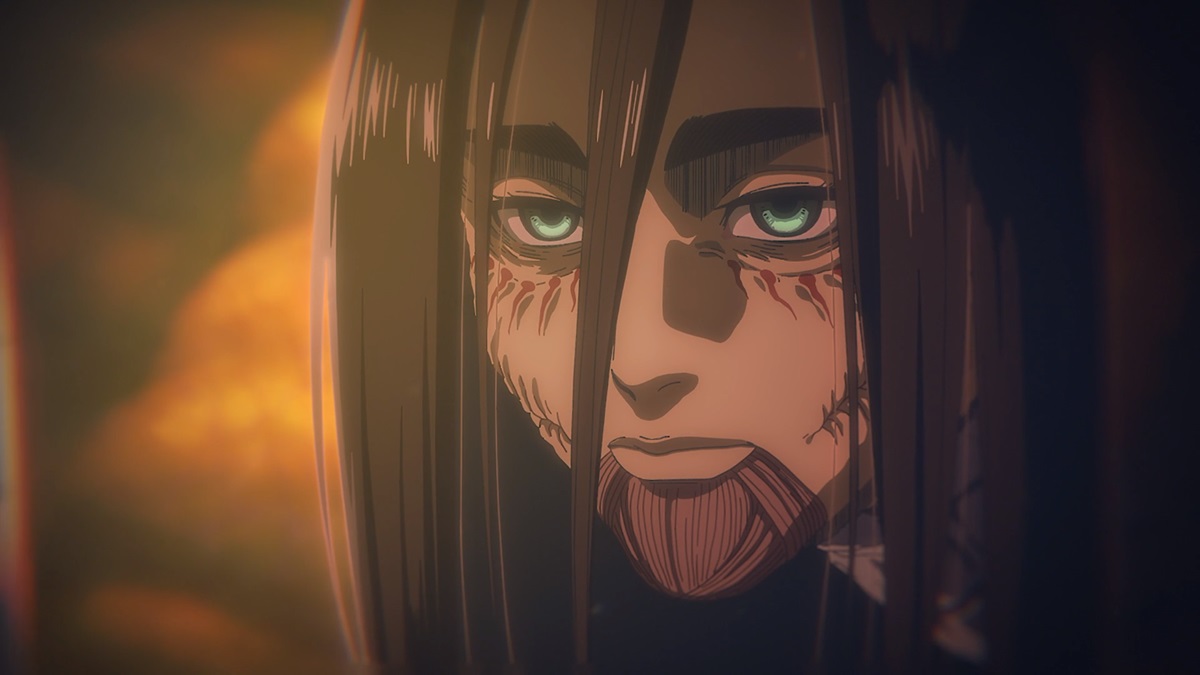
“Toward the Tree On That Hill” begins in much the same way as the manga version, with younger versions of Armin and Eren conversing in Shiganshina. Eren explains to Armin that his biting words were only meant to drive them away from him. Armin deduces that Eren always wanted the Scout Regiment to stop him and the Rumbling, thus going down as the “Eldian heroes who saved the world.”
Eren then takes Armin to see a river of lava, what their younger versions dreamt of seeing and knew as “burning water.” The vision ends with Eren confessing his love for Mikasa, and saying he doesn’t want to die. Here is the only major difference between the manga and the anime finale.
In Isayama’s original release, Armin thanks Eren for “becoming a mass murderer for our sake.” Fans found this expression to be not only completely out of character for Armin, but also incredibly whacky given the circumstances. It was also a dialogue that Isayama himself regretted including, which is why the anime version changed it to reflect the gravity of the situation better.
In this version, Armin partially takes responsibility for the disaster and promises Eren that they’ll be “together in hell” for killing 80 percent of the world’s population. The two friends hug and embrace the inevitability of this outcome, even if it was ultimately Eren and his obsession with freedom that very nearly annihilated humanity.
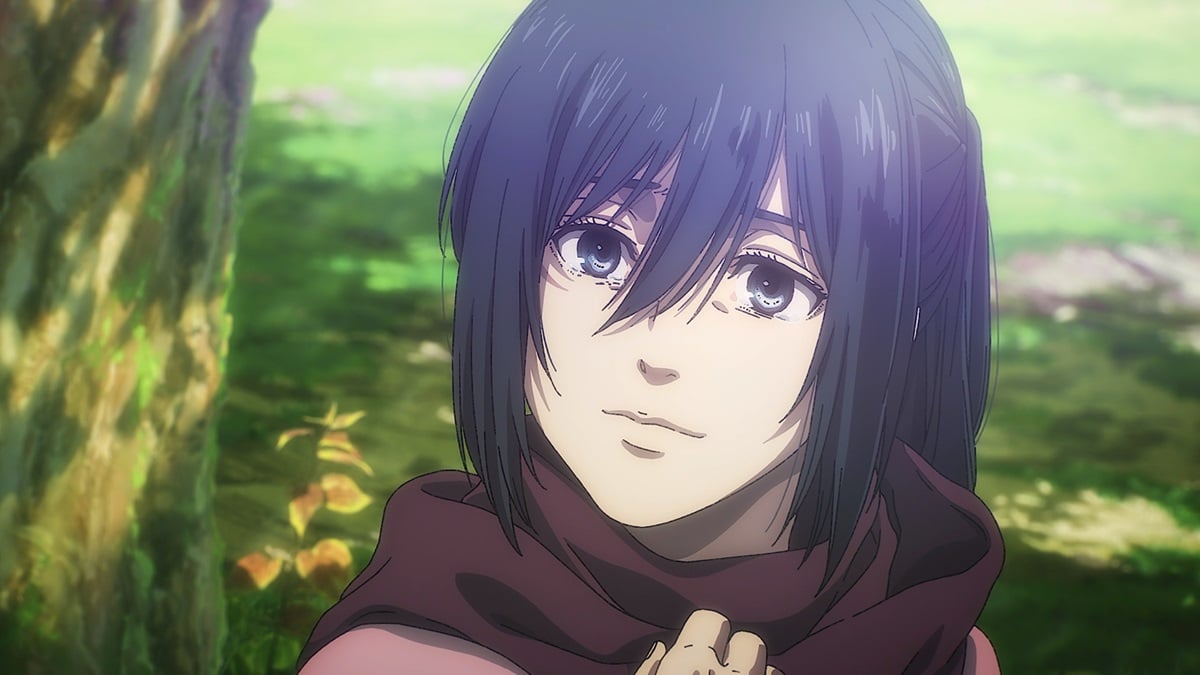
Other minor changes in this part include Eren and Mikasa’s last farewell. In the manga, those scenes were more extensive and detailed, but the anime opted to feature a subtler version. The rest of these scenes, like Mikasa resting under the tree where Eren is buried, are a one-to-one adaptation.
Attack on Titan ends on a somber note, showing that the Eldians and the rest of the world will continue to clash in spite of all this bloodshed and sacrifice. History repeats itself, and in time, the island of Paradis gets destroyed by bombs and missiles. Here, the only difference between the anime and the manga is in the impression of those Paradis buildings. In the manga, they seem to be imitations of our own modern structures, whereas in the anime, they are futuristic skyscrapers.
All in all, it’s safe to say that MAPPA’s Attack on Titan finale remained true to Isayama’s vision, so we’ll have to wait and see if the anime fanbase finds it more satisfying or just as underwhelming as the manga.

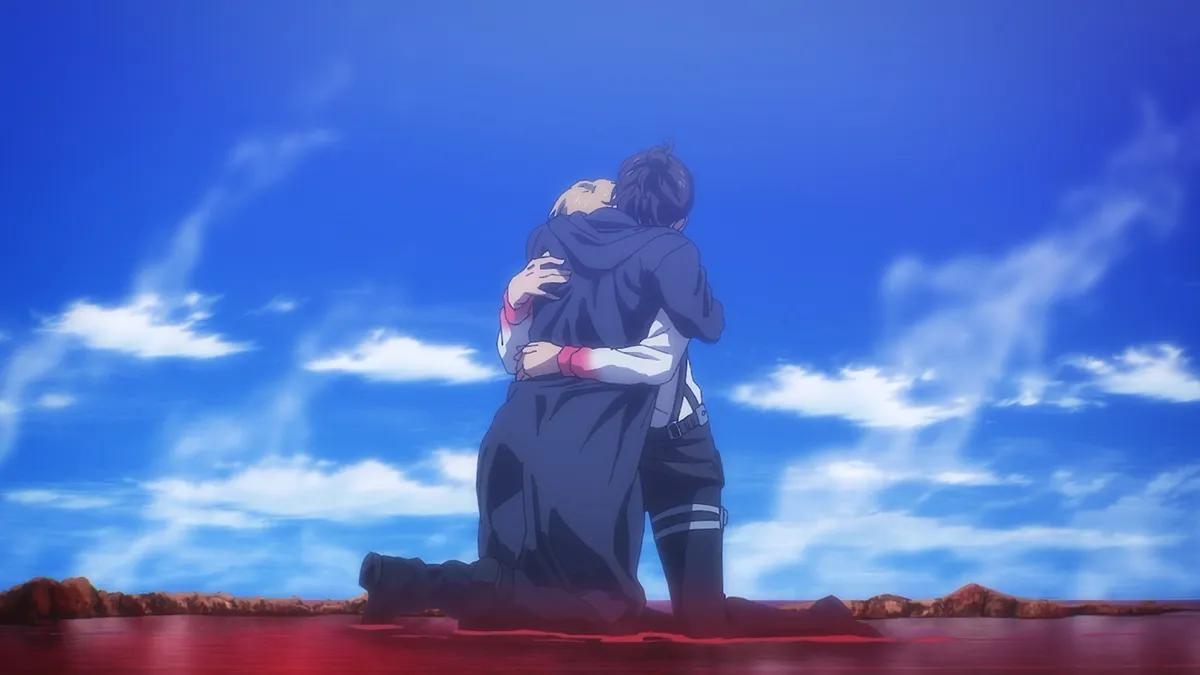

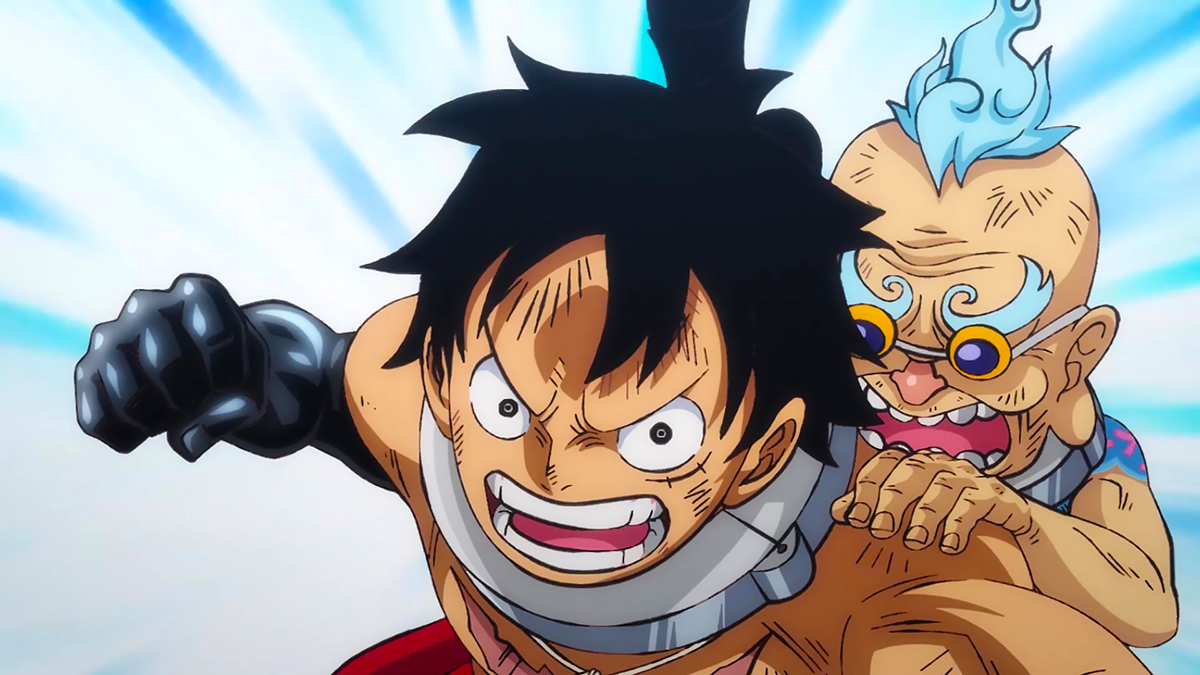
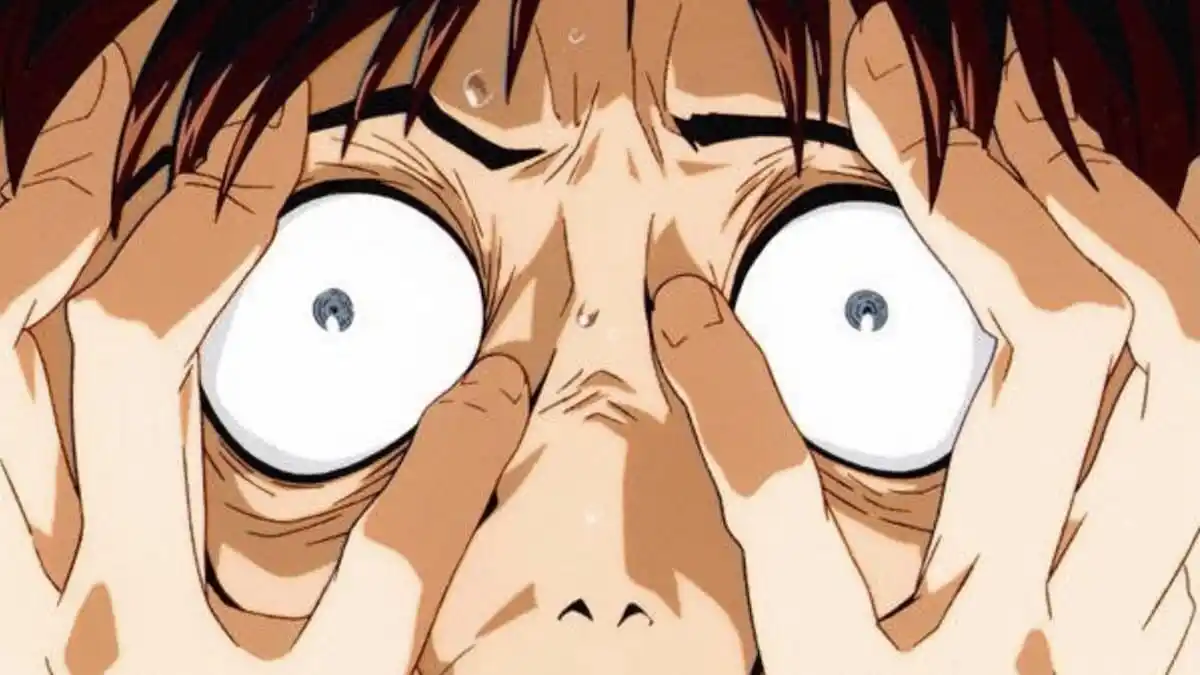
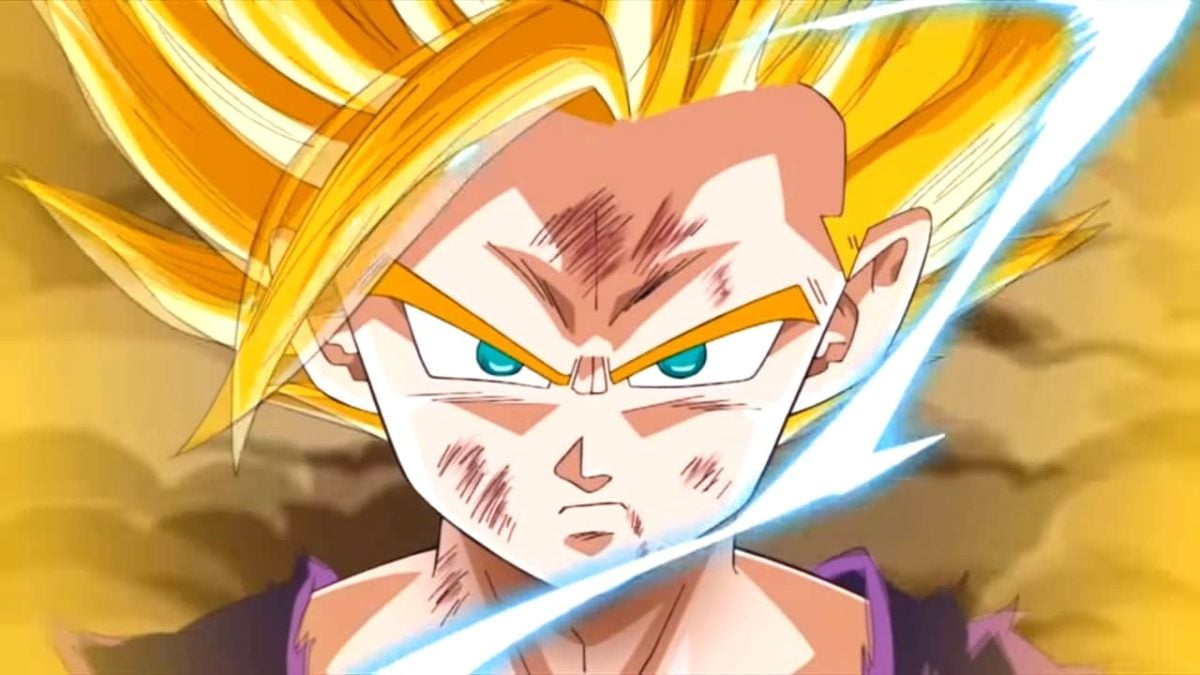
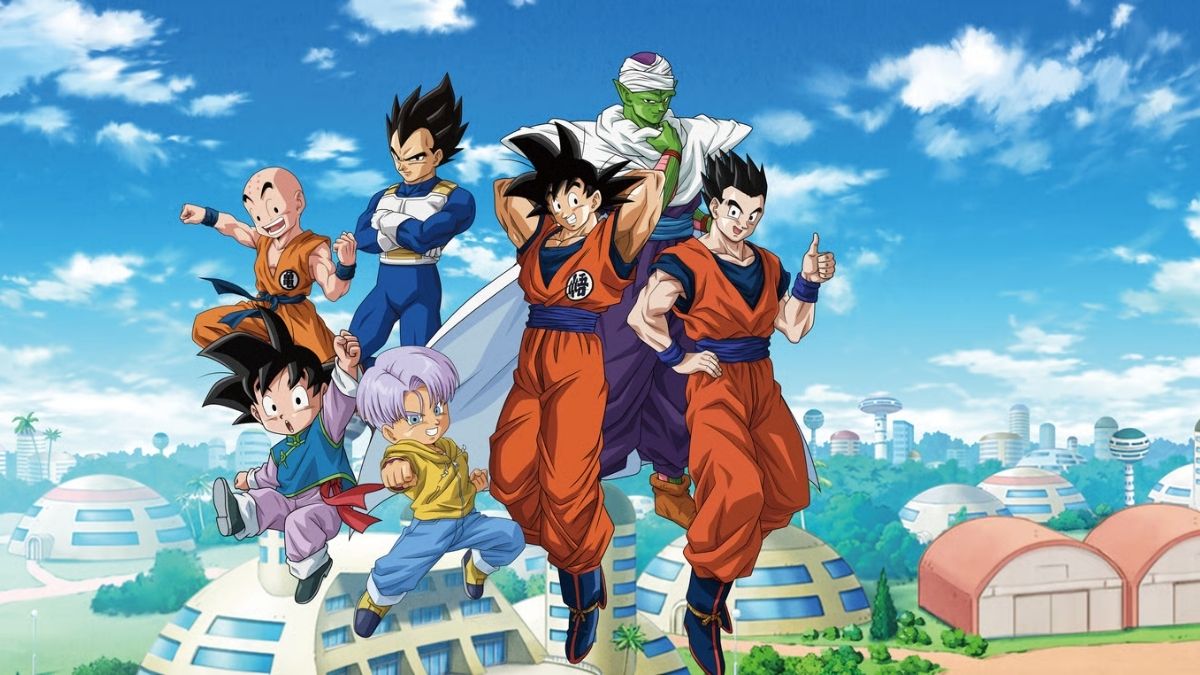
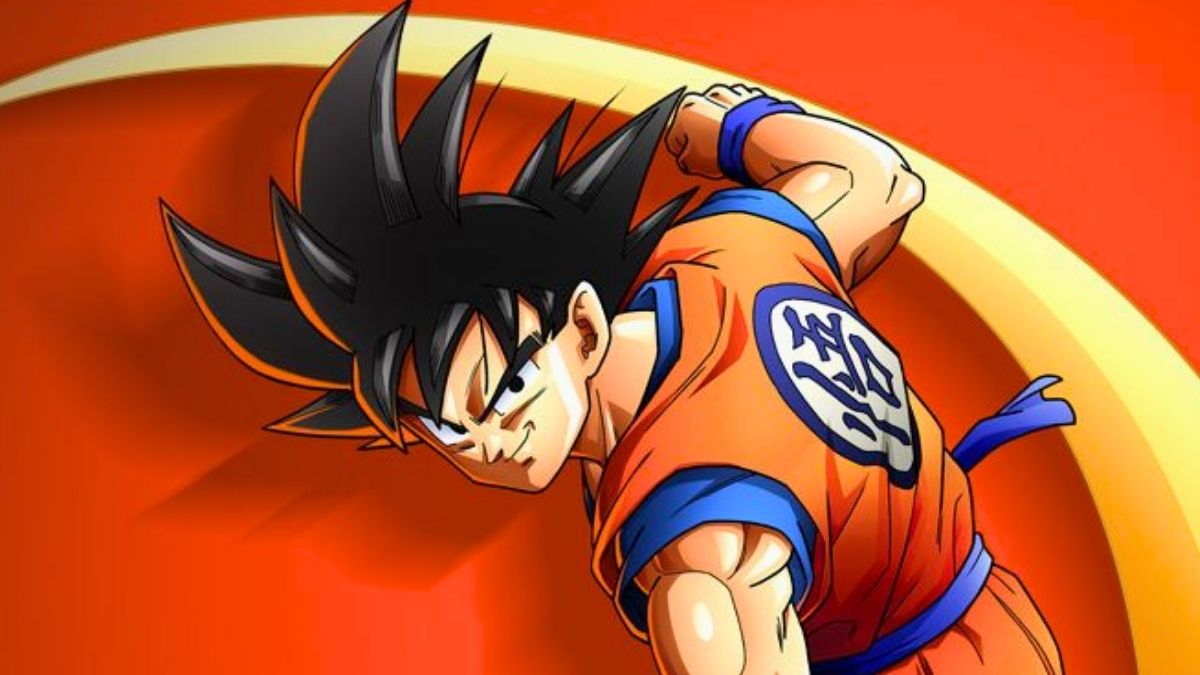
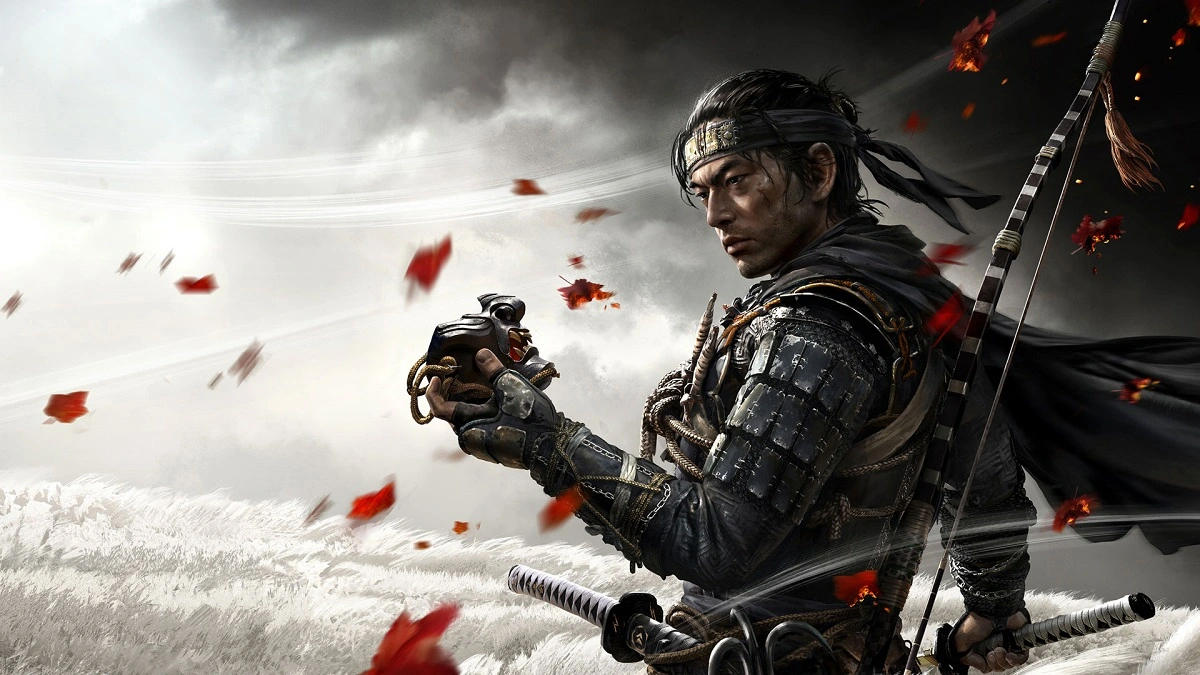
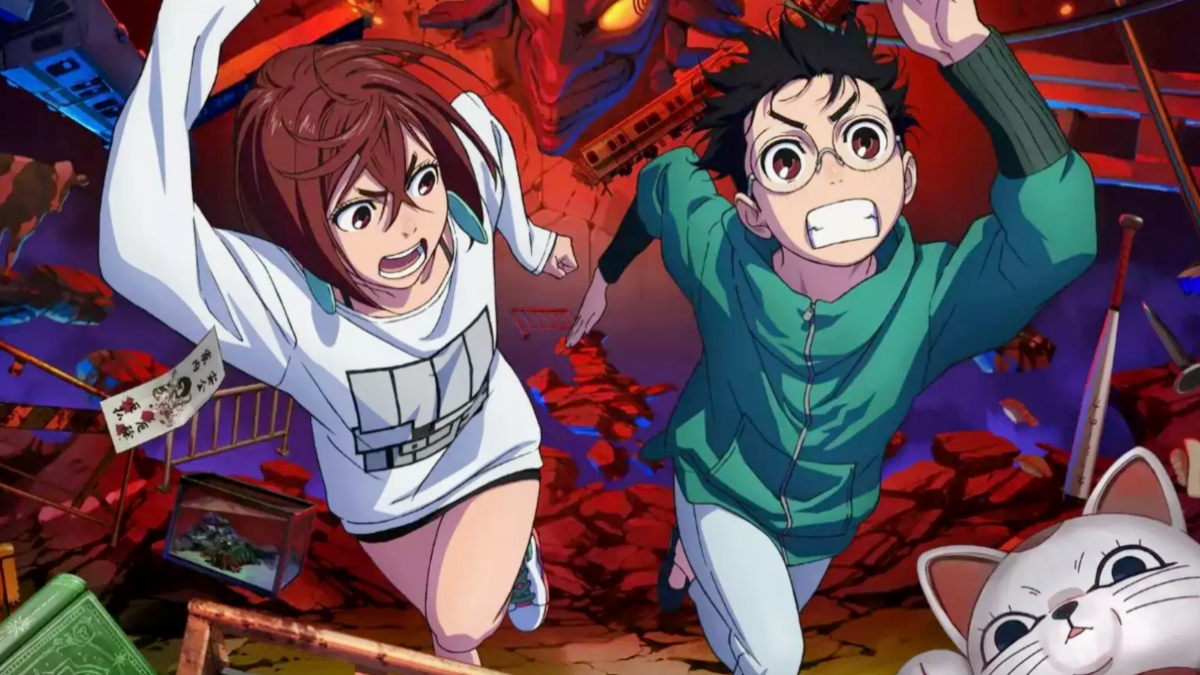
Published: Nov 6, 2023 09:38 am